Anniversary of first Allied victory in WW1 marked
Serbia marked the 99th anniversary of the Battle of Kolubara in Lazarevac on Sunday with military and state honors.
Monday, 16.12.2013.
10:02

LAZAREVAC Serbia marked the 99th anniversary of the Battle of Kolubara in Lazarevac on Sunday with military and state honors. The battle saw the the Serbian Kingdom army secure the first major victory for the Allies in World War I. Anniversary of first Allied victory in WW1 marked Serbian Prime Minister Ivica Dacic led the state ceremony by laying wreaths at the common grave of Serbian and Austro-Hungarian soldiers in the Church of Saint Demetrius. On that occasion, the prime minister pointed to the great bravery of Serbian soldiers, underscoring that Serbia cherishes the memory of their sacrifice with great pride. "The memorial ossuary in Lazarevac is the final resting place for 40,000 fallen soldiers, and a rare example of the humanity of one people that buried soldiers of the enemy army together with its own," the Serbian prime minister underlined. "Their bones bind us to one path only, the one on which there will never be any more wars in Europe," he said. Dacic stressed that is the reason why all those who are today debating the causes of World War I should bear in mind that "our dead leveled the past for us all" and that "the future does not lie in the blame, but in the awareness that only together we can correct our errors and those of others". "There is no reason for Serbia to be ashamed of its participation in World War I. Quite the contrary! Serbia was on the side of the Allies, and the Serbian army and people have every reason to be proud," the prime minister noted. "'The Guardians of the Gate', that is how they called us in England then, showed how honorable it is to die for your country, and how honorable it was for Serbia and Serbs to die for Europe at that time," Dacic said. "Today, it is of immense importance for the Serbian future to what extent, as our ancestors died for Serbia and Europe, we will now be able to live for that Serbia and Europe," he stressed. "Serbia wants to live, wants peace, and reconciliation is more important to it than the establishment of the guilt," Dacic said, adding that Serbia has already shown that it is willing to learn and ready to bring its capability and work to Europe, for which it once fought. Dacic underscored that he has no doubt that "as soon as in January, Europe will help Serbia", and that he believes that Serbia will know how to make the best of that help. "Serbia will know that, I am absolutely sure, because today it is an honor to live and work for such a glorious homeland," the Serbian prime minister concluded. Chief of the Serbian Armed Forces General Staff General Ljubisa Dikovic, representatives of the association tasked with cherishing the tradition of Serbia's liberation wars, representatives of the embassies of Austria, Hungary, the Czech Republic, Slovakia and local officials also laid wreaths at the memorial ossuary in Lazarevac. The Battle of Kolubara is the most significant battle between the armies of the Kingdom of Serbia and the invading forces of the Austro-Hungarian Empire which took place on the 200km-wide front from November 16 to December 15, 1914. The Battle ended with the successful counter-offensive, which was carried out by the First Army under the command of General Zivojin Misic, at the moment when the entire world awaited the news about the capitulation of the Kingdom of Serbia. During the Battle of Kolubara, 22,000 Serbian soldiers were killed, and 91,000 soldiers and 10,184 officers NCOs wounded. Austria-Hungary lost 28,000 soldiers during the battle, while over 122,000 others were wounded. (Tanjug) Tanjug
Anniversary of first Allied victory in WW1 marked
Serbian Prime Minister Ivica Dačić led the state ceremony by laying wreaths at the common grave of Serbian and Austro-Hungarian soldiers in the Church of Saint Demetrius.On that occasion, the prime minister pointed to the great bravery of Serbian soldiers, underscoring that Serbia cherishes the memory of their sacrifice with great pride.
"The memorial ossuary in Lazarevac is the final resting place for 40,000 fallen soldiers, and a rare example of the humanity of one people that buried soldiers of the enemy army together with its own," the Serbian prime minister underlined.
"Their bones bind us to one path only, the one on which there will never be any more wars in Europe," he said.
Dačić stressed that is the reason why all those who are today debating the causes of World War I should bear in mind that "our dead leveled the past for us all" and that "the future does not lie in the blame, but in the awareness that only together we can correct our errors and those of others".
"There is no reason for Serbia to be ashamed of its participation in World War I. Quite the contrary! Serbia was on the side of the Allies, and the Serbian army and people have every reason to be proud," the prime minister noted.
"'The Guardians of the Gate', that is how they called us in England then, showed how honorable it is to die for your country, and how honorable it was for Serbia and Serbs to die for Europe at that time," Dačić said.
"Today, it is of immense importance for the Serbian future to what extent, as our ancestors died for Serbia and Europe, we will now be able to live for that Serbia and Europe," he stressed.
"Serbia wants to live, wants peace, and reconciliation is more important to it than the establishment of the guilt," Dačić said, adding that Serbia has already shown that it is willing to learn and ready to bring its capability and work to Europe, for which it once fought.
Dačić underscored that he has no doubt that "as soon as in January, Europe will help Serbia", and that he believes that Serbia will know how to make the best of that help.
"Serbia will know that, I am absolutely sure, because today it is an honor to live and work for such a glorious homeland," the Serbian prime minister concluded.
Chief of the Serbian Armed Forces General Staff General Ljubiša Diković, representatives of the association tasked with cherishing the tradition of Serbia's liberation wars, representatives of the embassies of Austria, Hungary, the Czech Republic, Slovakia and local officials also laid wreaths at the memorial ossuary in Lazarevac.
The Battle of Kolubara is the most significant battle between the armies of the Kingdom of Serbia and the invading forces of the Austro-Hungarian Empire which took place on the 200km-wide front from November 16 to December 15, 1914.
The Battle ended with the successful counter-offensive, which was carried out by the First Army under the command of General Živojin Mišić, at the moment when the entire world awaited the news about the capitulation of the Kingdom of Serbia.
During the Battle of Kolubara, 22,000 Serbian soldiers were killed, and 91,000 soldiers and 10,184 officers NCOs wounded.
Austria-Hungary lost 28,000 soldiers during the battle, while over 122,000 others were wounded.












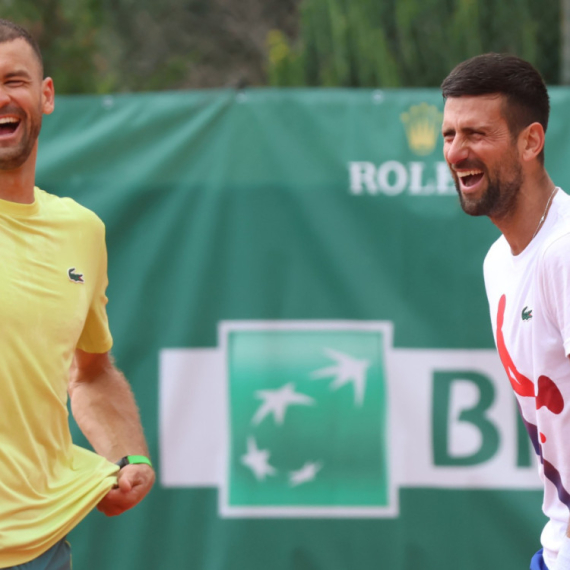



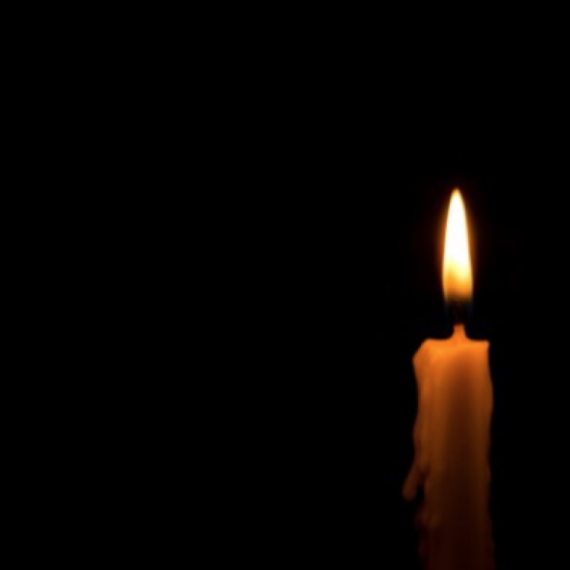
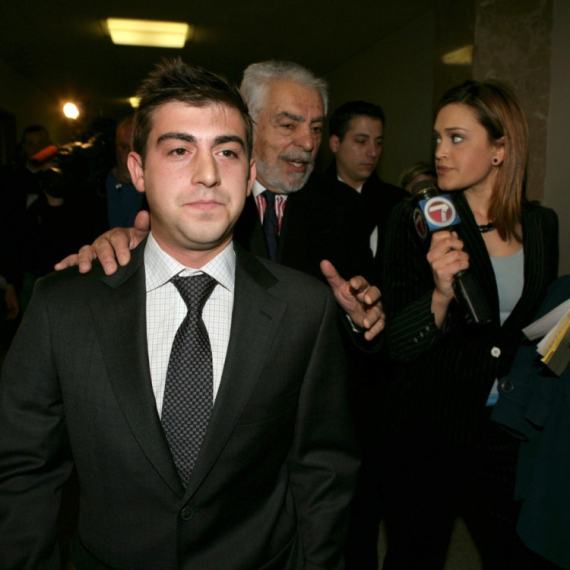



















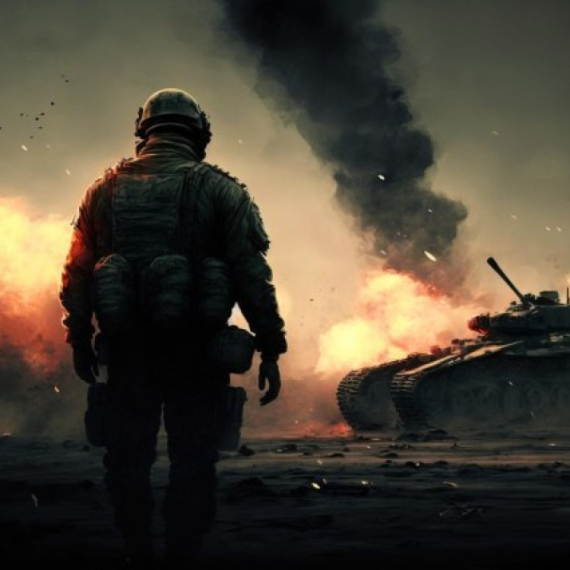








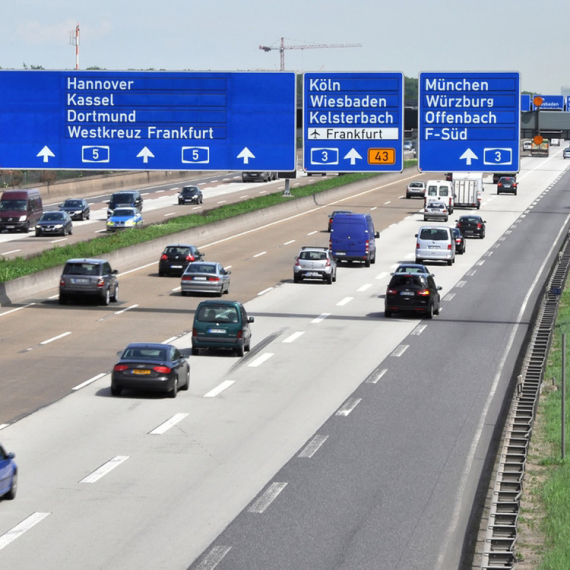





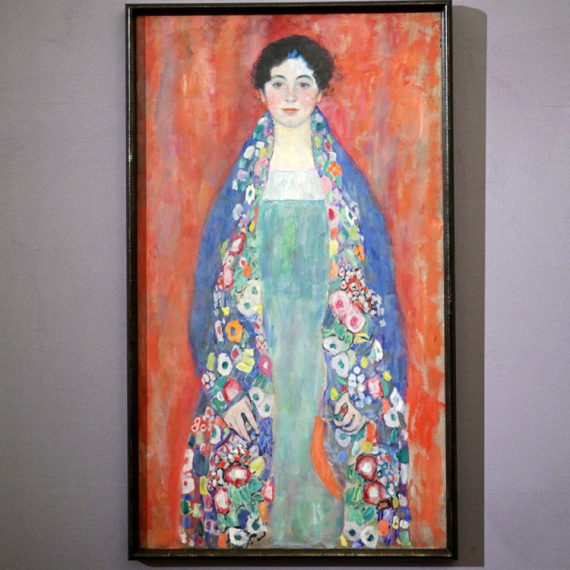

Komentari 9
Pogledaj komentare